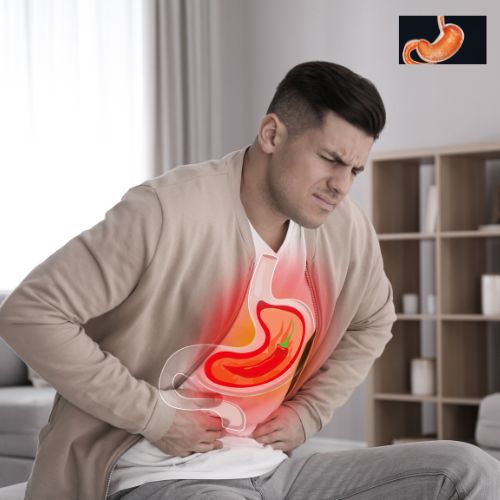
Gastroesophageal Reflux Disease (GERD) is a chronic digestive disorder where stomach acid or bile irritates the food pipe lining. This condition occurs when the lower esophageal sphincter (LES) – a ring of muscle that acts as a valve between the esophagus and stomach – weakens or relaxes inappropriately, allowing stomach acid to flow back into the esophagus.
Symptoms of GERD
GERD manifests through a variety of symptoms, some of which can significantly impact daily life. Common symptoms include:
- Heartburn: A burning sensation in the chest, often after eating, which might be worse at night.
- Regurgitation: A sour or bitter-tasting acid backing up into the throat or mouth.
- Difficulty swallowing: Also known as dysphagia.
- Chest pain: Sometimes confused with the pain associated with heart conditions.
- Chronic cough: Especially in the evenings or when lying down.
- Hoarseness or sore throat: Particularly in the morning.
- Feeling of a lump in the throat: Also called globus sensation.
Causes and Risk Factors
GERD can result from a combination of lifestyle factors, dietary habits, and physiological conditions. Key risk factors include:
- Obesity: Excess weight can increase pressure on the abdomen, pushing up the stomach and causing acid to back up into the esophagus.
- Hiatal hernia: This condition occurs when the upper part of the stomach moves above the diaphragm, making it easier for acid to escape into the esophagus.
- Pregnancy: Hormonal changes and increased abdominal pressure can trigger GERD symptoms.
- Smoking: Nicotine can weaken the LES.
- Certain medications: Including aspirin, ibuprofen, and some muscle relaxers.
- Diet: Consumption of fatty or fried foods, coffee, alcohol, chocolate, and spicy foods can exacerbate GERD.
Diagnosis
Diagnosis of GERD usually begins with a review of symptoms and medical history. Doctors may also use diagnostic tests, such as:
- Upper endoscopy: A flexible tube with a light and camera (endoscope) is inserted down your throat to examine the inside of your esophagus and stomach.
- Esophageal pH monitoring: This test measures the frequency and duration of acid reflux episodes.
- Esophageal manometry: Measures the rhythmic muscle contractions in your esophagus when you swallow and the coordination and force exerted by the esophageal muscles.
- Barium swallow: X-rays are taken after you drink a barium solution to help diagnose narrowing or ulceration of the esophagus.
Treatment Options
Treatment for GERD aims to reduce symptoms, heal esophagitis, and prevent complications. Options include lifestyle changes, medications, and, in some cases, surgery.
Lifestyle Changes
- Dietary adjustments: Avoid foods and drinks that trigger reflux.
- Eating habits: Eat smaller meals and avoid lying down after eating.
- Weight management: Lose weight if necessary.
- Elevate the head of your bed: This helps prevent nighttime reflux.
Medications
Homeopathic medicine offers various remedies for managing Gastroesophageal Reflux Disease (GERD).
- Nux Vomica: Useful for individuals who experience heartburn, sour taste, and a feeling of fullness. It is particularly effective for those with a sedentary lifestyle and frequent consumption of alcohol or spicy foods.
- Carbo Vegetabilis: Recommended for bloating, belching, and a feeling of heaviness in the stomach. It is suitable for those who feel better when belching.
- Pulsatilla: Effective for GERD with symptoms of burping and a feeling of food stuck in the throat. It is often prescribed for individuals who dislike fatty foods and prefer cool fresh air.
- Lycopodium: Used for individuals who experience bloating, heartburn, and a feeling of fullness even after eating small meals. It is suitable for those who crave sweets and warm drinks.
- Natrum Phosphoricum: Helps with acid reflux, sour belching, and regurgitation. It is beneficial for those with a tendency to overeat and experience indigestion.
- Arsenicum Album: Recommended for individuals who experience burning pain in the stomach and esophagus, along with restlessness and anxiety. It is suitable for those who feel worse after eating cold foods.
- Phosphorus: Effective for GERD with symptoms of heartburn, regurgitation, and a burning sensation in the stomach. It is beneficial for individuals who crave cold drinks and feel better with them.
- Ipecacuanha: Used for individuals with constant nausea, vomiting, and a feeling of weight in the stomach. It is suitable for those who do not feel relieved even after vomiting.
- Robinia: Specifically recommended for severe heartburn and sour belching, particularly at night. It is effective for individuals who experience a burning sensation extending to the throat.
- Sulphur: Suitable for individuals with burning sensations in the stomach and esophagus, along with a tendency to develop skin issues. It is often prescribed for those who experience symptoms aggravated by warmth and improved with cool drinks.
It’s important to consult with a qualified homeopathic practitioner for a personalized treatment plan, as the choice of remedy depends on a detailed assessment of individual symptoms and overall health.
Surgical Options
- Fundoplication: The top of the stomach is wrapped around the LES to strengthen it, prevent acid reflux, and repair a hiatal hernia if present.
- LINX device: A ring of tiny magnetic beads is wrapped around the junction of the stomach and esophagus. The magnetic attraction between the beads keeps the LES closed to refluxing acid but allows food to pass through.
Managing GERD
Effective management of GERD requires a combination of medical treatment and lifestyle modifications. Patients should work closely with their healthcare providers to develop a comprehensive treatment plan. Here are some tips for managing GERD:
- Maintain a healthy weight: Excess weight can exacerbate GERD symptoms.
- Avoid trigger foods and drinks: Identifying and eliminating foods that cause symptoms can make a significant difference.
- Eat smaller, more frequent meals: Large meals can increase pressure on the LES.
- Avoid lying down after eating: Wait at least three hours after eating before lying down or going to bed.
- Elevate the head of the bed: Using blocks or a wedge pillow to raise the head of the bed by 6-8 inches can help reduce nighttime symptoms.


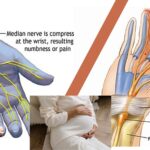



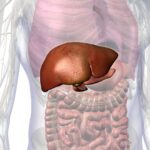
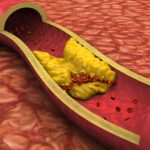

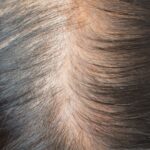



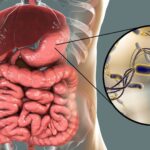

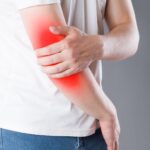


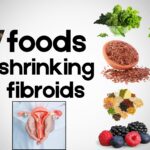

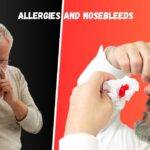


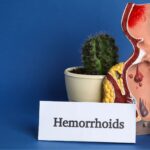


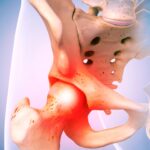
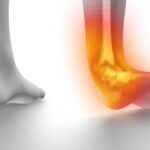
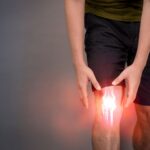


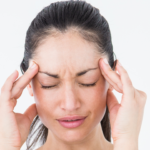

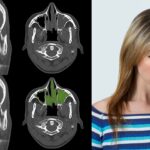


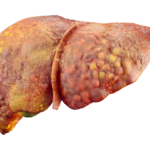







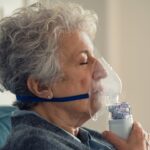
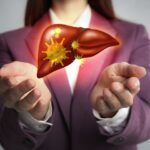


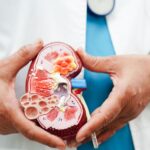












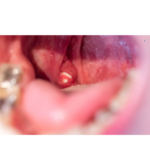



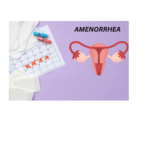

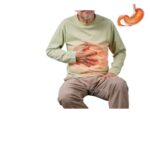
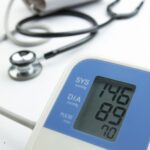
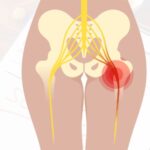

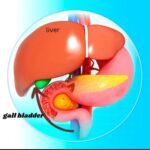
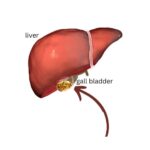




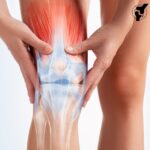





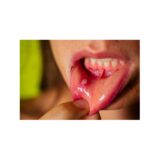
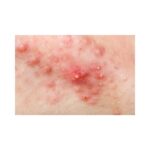
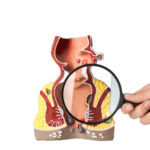








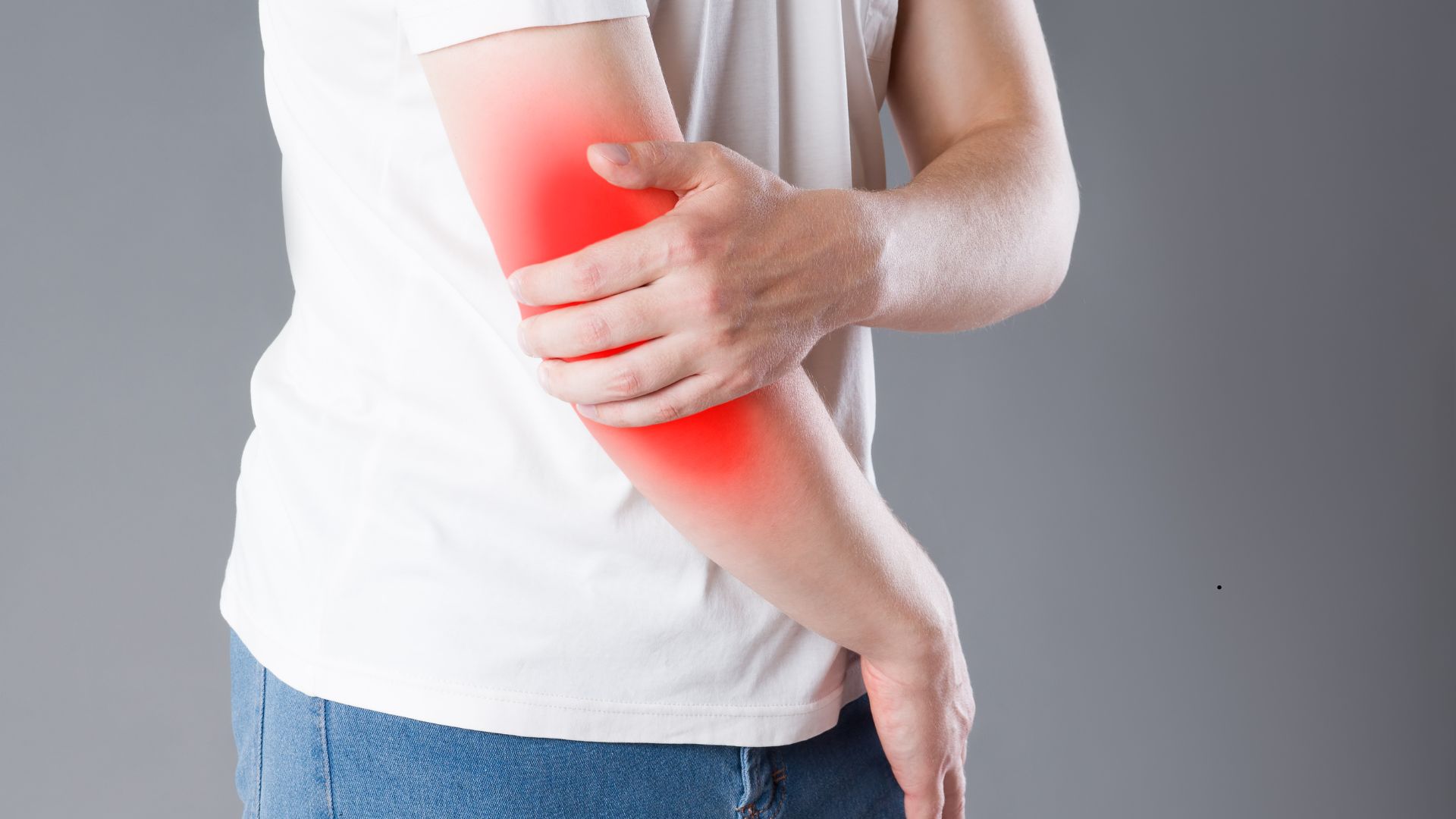

Dr. Bishrat sir, I got very good information from you.
Im no longer sure where you are getting your information, however good topic. I needs to spend a while finding out much more or working out more. Thanks for excellent information I was on the lookout for this info for my mission.
Great line up. We will be linking to this great article on our site. Keep up the good writing.